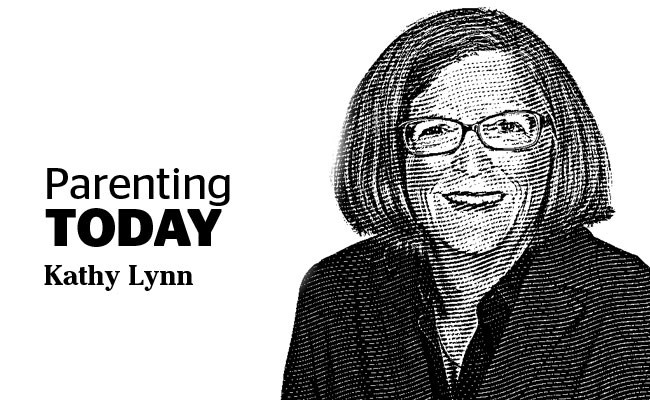The official election campaign has begun. There will be ads, billboards, news stories and debates. No matter where you go the conversation is likely to turn to politics.
And what, you wonder, has that to do with parenting? It matters because how we vote and who we elect can have a profound impact on our society and meeting the needs of children and families.
Pay attention. What are your concerns? Who will best address them? Much as it sounds hokey, the truth is that every vote counts and every election helps determine the world we will live in and leave to our children and grandchildren.
You may choose to become informed so that you can vote intelligently. You may choose to get involved with the campaign of your preferred candidate. You may choose to work on election day.
Whatever your choice, let the kids know what you’re doing and why. It’s easy to assume that they won’t care or won’t understand. But it’s important for them to see what’s happening around them.
Our children learn by watching us. When we get involved in the electoral process and let them see our involvement they grow up knowing they have a civic duty to pay attention, to vote, to work on a campaign and possibly to eventually run for office.
Let’s say you decide to put some time in on a campaign. You’re going to deliver lawn signs to supporters. Your 12 year old would be a perfect partner for the task. He can help you find addresses and will love placing the signs on the lawns. You’re going to deliver leaflets in the riding. Take your eight year old along for the walk and talk to her about what you’re doing and why.
On election day make sure your children know that you are going to vote. If possible, bring them along to the polling place.
This is also a great time to open the conversation about your political beliefs. Kids today are aware of some of the issues. Even young children know about environmental concerns. They are certainly aware of possible education issues. And teens, who are worried about jobs and eventually buying a house, are concerned about the economy.
So, you have an entry to talk to your kids about election issues.
Use language the kids will understand and choose topics they care about.
Show them the campaign brochures that come into the house. Talk about them. Help them learn how to distinguish fact from political spin. I’m not talking about turning every evening into a civics lecture, but a casual awareness and mention can lead to some meaningful conversation.
If your children are teens, be prepared for a political argument so be clear on your stand before you start this process. The average teen will love to take you on. After all, they take you on about everything else, why not politics? And if you are a strong supporter of one party, odds are your teen will argue vociferously for the opposition. Just listen, be respectful, state your point of view and don’t panic. A lot of this argument is simply for the sake of debate.
Our kids will not always choose our political path. I bet not all of you vote as your parents did. Our job is to introduce our children to the path of democracy. Teach them to pay attention and vote, but vote intelligently.
Then when they are adults and making the decisions that will impact us when we’re seniors, we can be confident they are making them responsibly.
Kathy Lynn is a professional speaker and author of Vive la Différence, Who’s In Charge Anyway? and But Nobody Told Me I’d Ever Have to Leave Home. If you want to read more, sign up for her informational newsletter at parentingtoday.ca.



